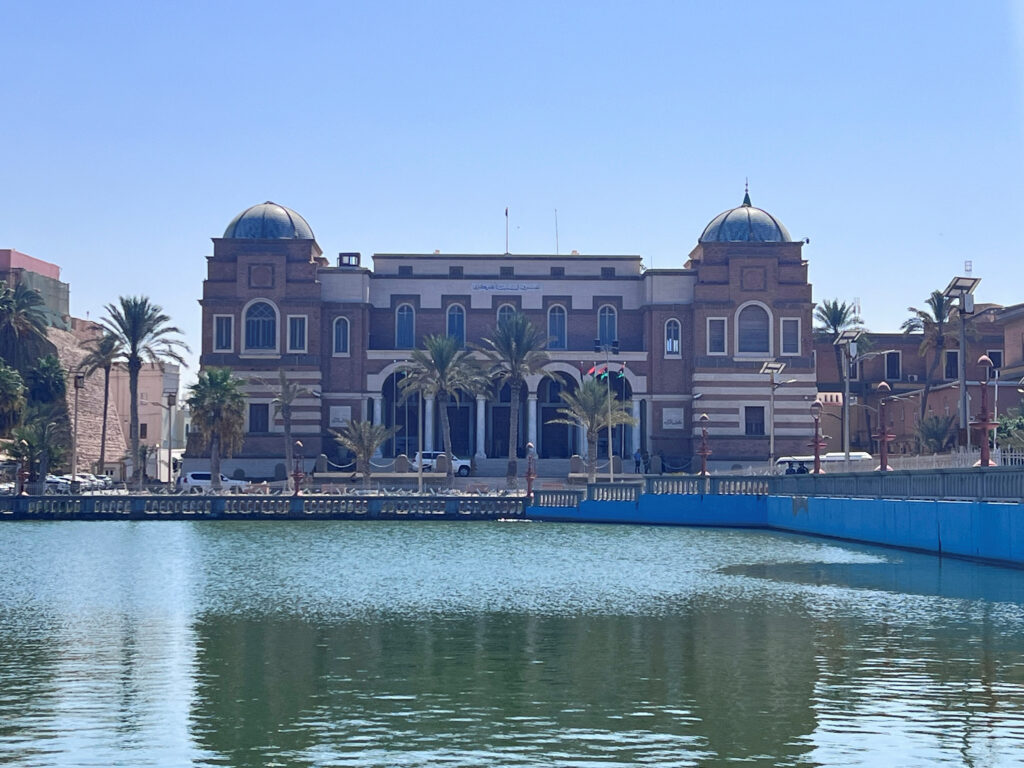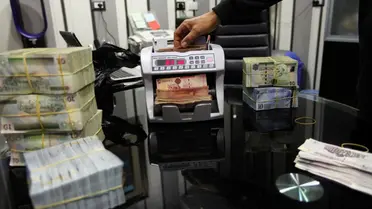Libya’s two rival legislative bodies reached an agreement on Tuesday to jointly appoint a central bank governor, a move that could potentially defuse a power struggle over the country’s oil revenue that has significantly reduced production.

The House of Representatives, based in Benghazi in eastern Libya, and the High State Council in Tripoli in the west, signed a joint statement after two days of talks facilitated by the United Nations Support Mission in Libya. The agreement stipulates that a central bank governor and board of directors will be appointed within 30 days.
Libya’s central bank serves as the sole legal repository for the country’s oil revenue and is responsible for paying state salaries nationwide. The two chambers also agreed to extend consultations for an additional five days, concluding on September 9.
This development comes amid ongoing political turmoil in Libya, which has experienced little stability since the 2011 NATO-backed uprising. The country split into eastern and western factions in 2014, with major warfare ending only after a ceasefire in 2020. Despite attempts at reunification, divisions persist.

The recent standoff began when the head of the Presidency Council in Tripoli moved to oust long-standing central bank Governor Sadiq al-Kabir and replace him with a rival board. This action prompted eastern factions to declare a shutdown of all oil production, demanding that Kabir’s dismissal be halted. The dispute threatened to end four years of relative stability in the country.
Some oil output has since resumed, with oil prices dropping nearly 5% on Tuesday to their lowest levels in almost nine months, indicating that traders expect the latest agreement to increase oil production.

The central bank’s operations have been paralyzed by the power struggle, leaving it unable to conduct transactions for more than a week. This situation underscores Libya’s fractured political landscape, characterized by rival governing institutions with tenuous claims to legitimacy.
Both the House of Representatives and the High State Council were internationally recognized in a 2015 political agreement, although they have backed different sides throughout much of Libya’s conflict.
This agreement represents a potential step towards resolving the ongoing crisis in Libya, but significant challenges remain in implementing the deal and addressing the broader political divisions within the country.



